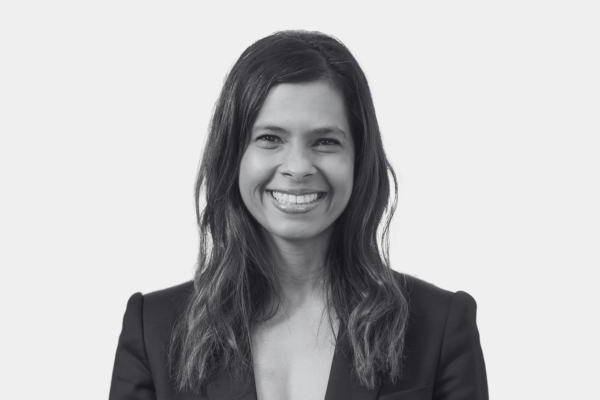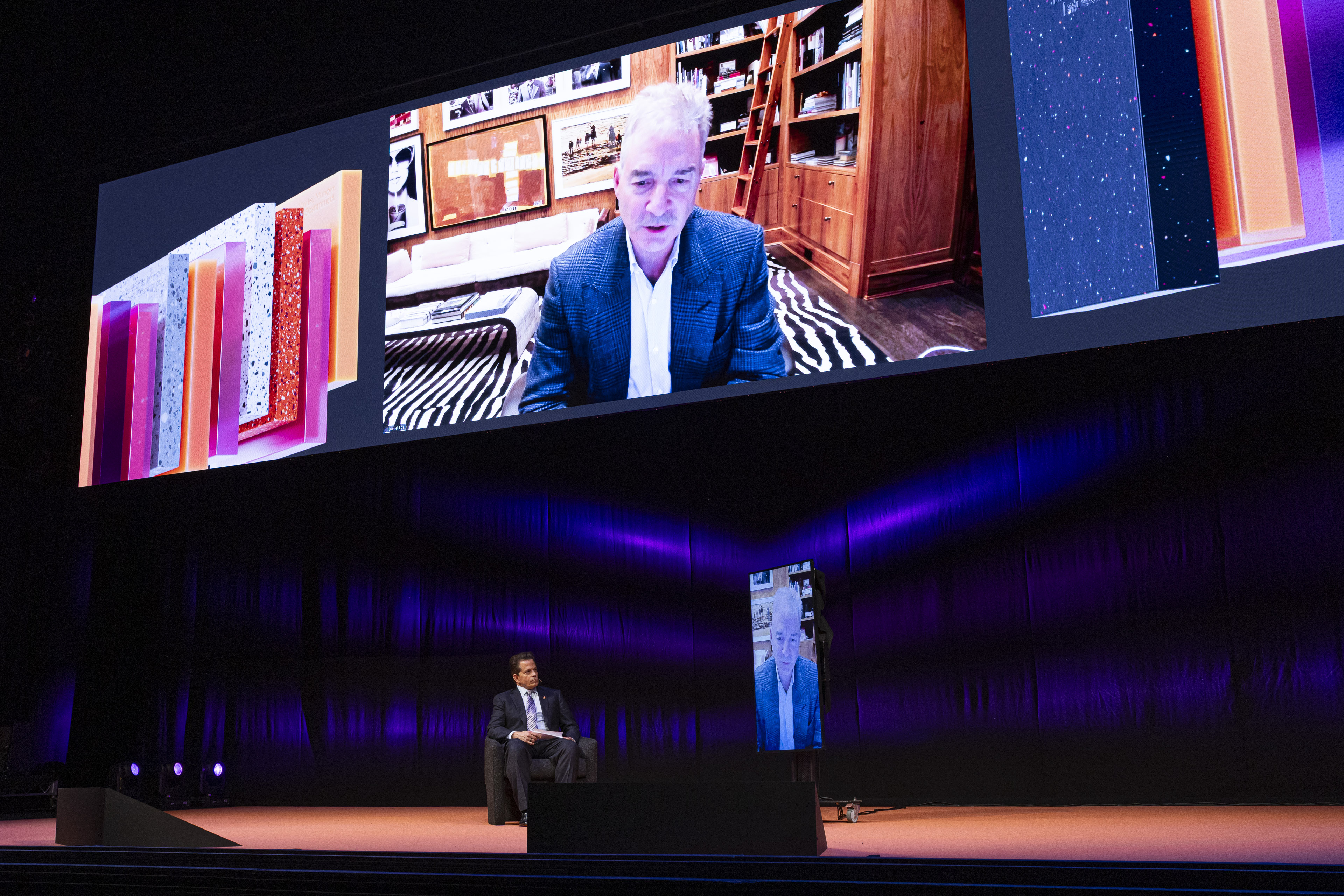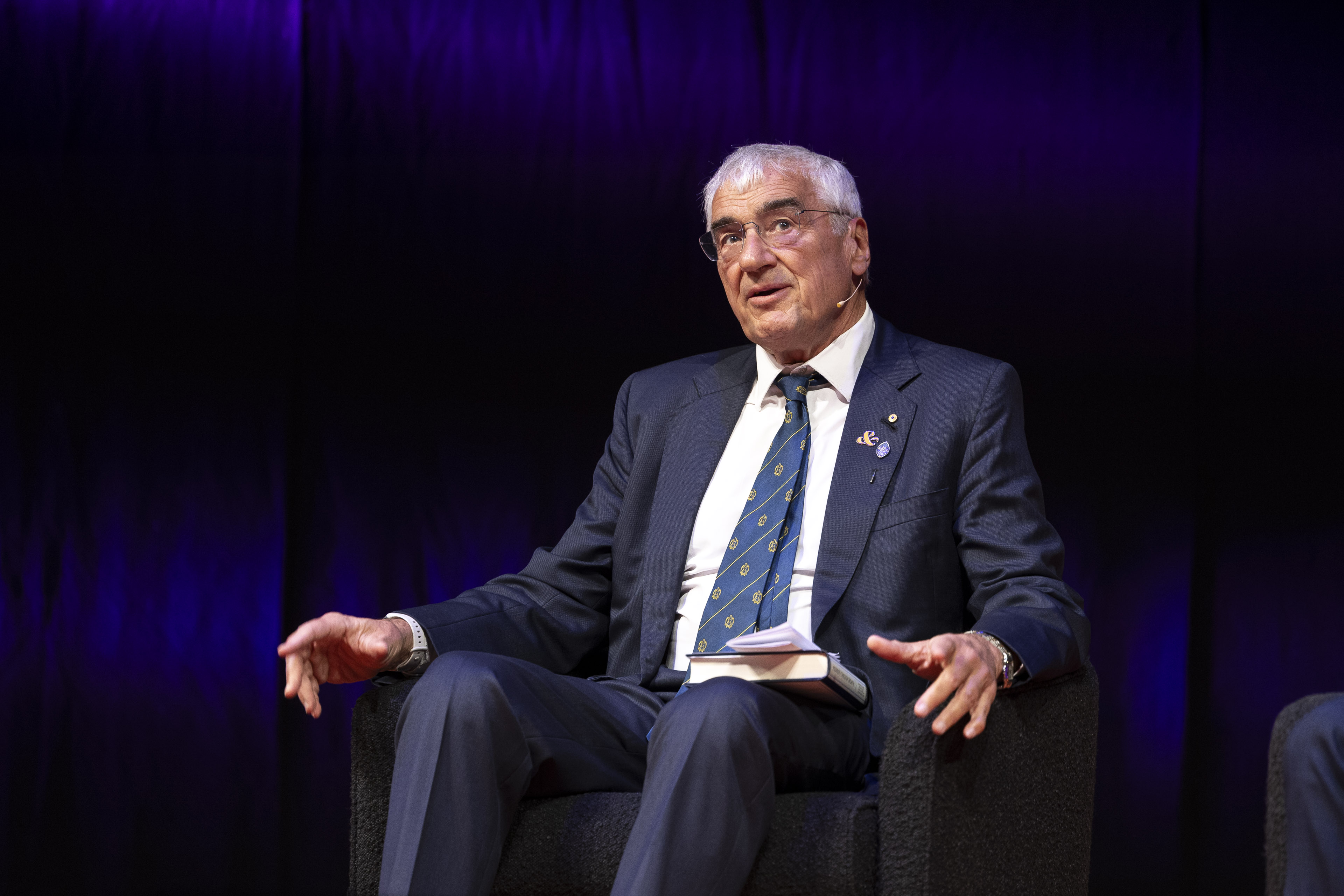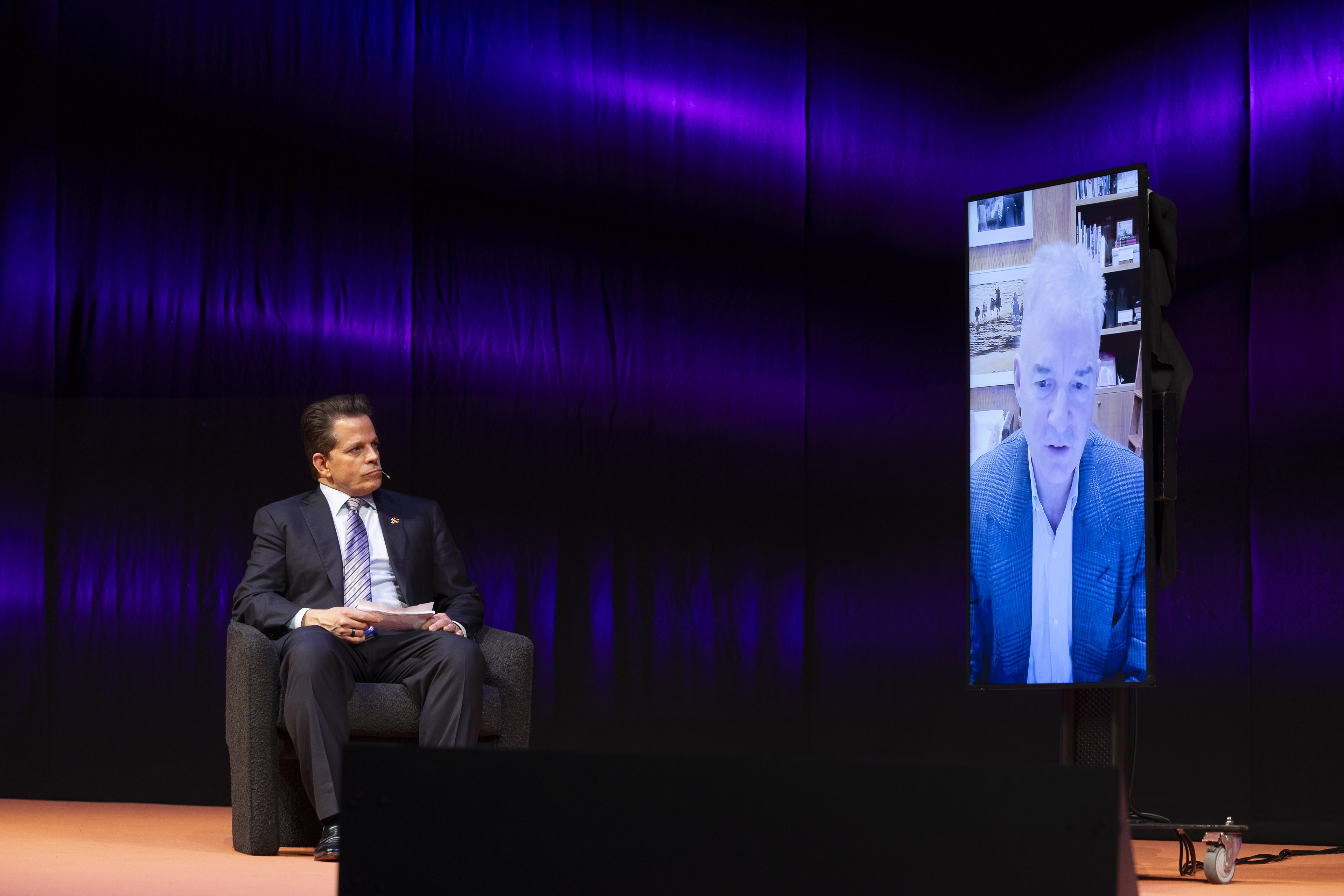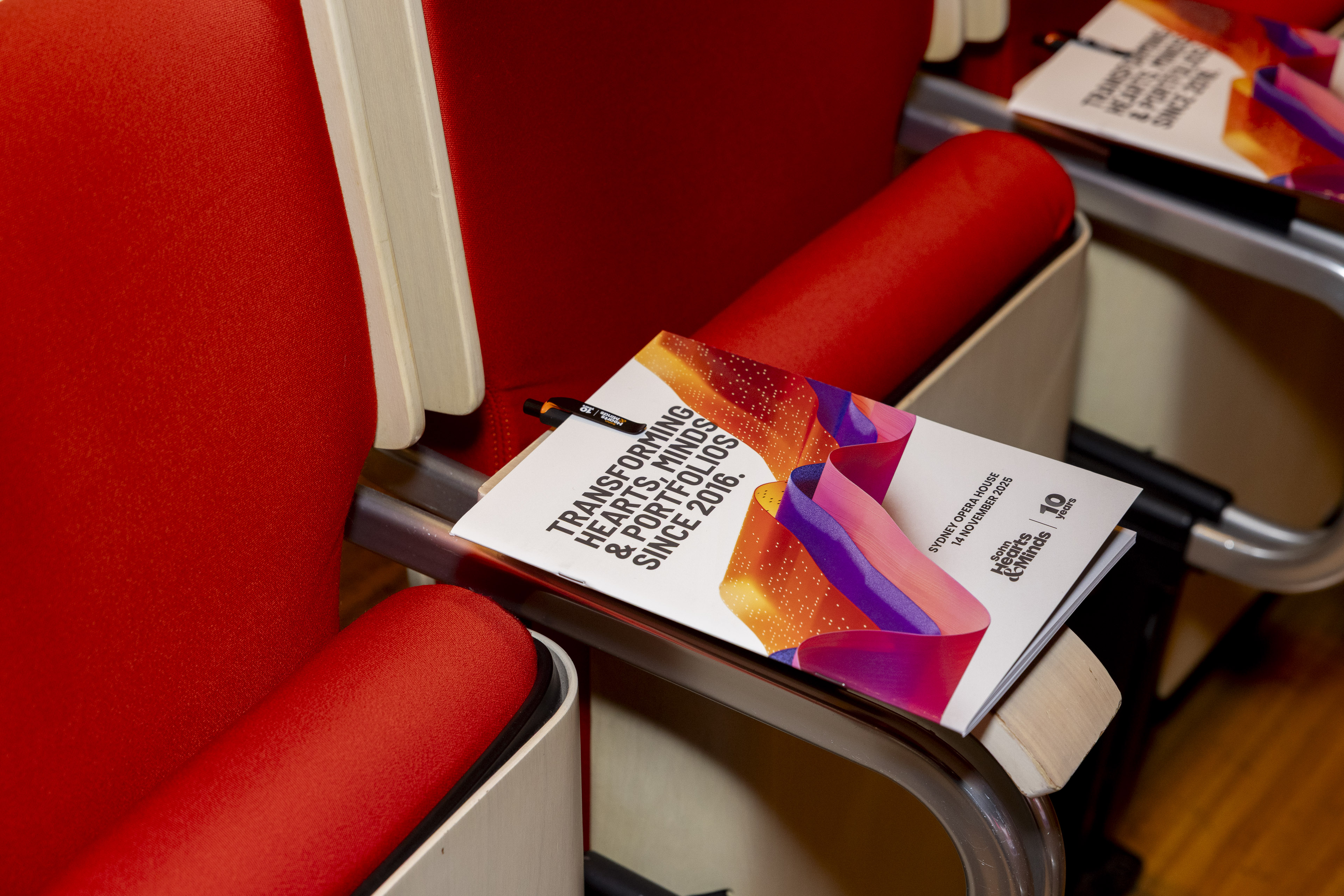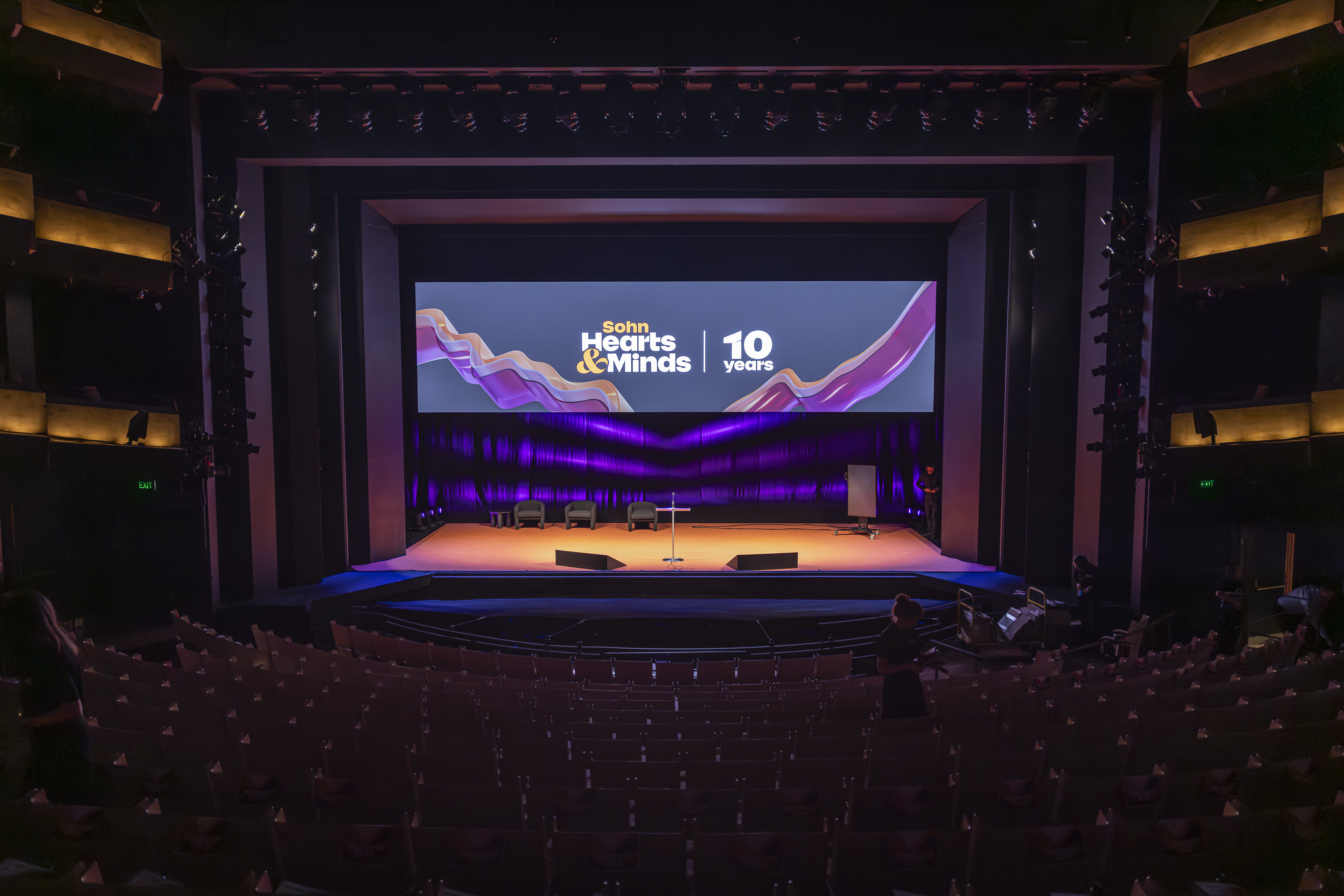At first glance, the links between a Japanese e-signature company, a US beauty group and a German delivery giant might not be obvious. But the annual Sohn Hearts & Minds Conference, held virtually on Friday, provided a reminder that while we all live in an online world, waves of tech disruption are still breaking across sectors everywhere – but in very different waves.
The last-mile logistics industry has become such a part of our lives during COVID-19 that you might think there’s limited room for more disruption. But Beeneet Kothari of New York’s Tekne Capital Management sees a new wave coming as consumer expectations move from getting their takeaway, groceries or small parcels in a week to a day, to an hour, to 15 minutes.
His top way to play this is German giant Delivery Hero, which he says has been marked down by investors because of the losses that have come from heavy investment in employing its own delivery drivers, rather than using third parties. But Kothari believes this group will soon be profitable and can ride the surging demand for convenience to triple gross sales to more than $105 billion in the next four or five years.
That alone could see the stock double, Kothari argues. But if the stock were re-rated to trade on multiples similar to that of rivals such as Chinese group Meituan and US group DoorDash, there could be gains of 400 per cent to 500 per cent for the patient investor.
While Delivery Hero is part of a third wave of disruption in the last-mile logistics space (disrupting the disruptors who disrupted the original players), Flight Deck Capital’s pick was about disrupting a practice unchanged for centuries.
Silicon Valley legend Jay Kahn, who founded Flight Deck Capital last year after a long stint at Light Street Capital, explained how Japan’s reliance on what are called hanko stamps to certify official documents has slowed the adoption of e-signature, as has occurred in the US and even in Australia.
But COVID-19 has changed the game, with the Japanese government saying this year it would allow e-signatures on government documents, and the financial services sector starting to follow.
Khan believes he has spotted the Japanese version of DocuSign, the $US56 billion ($79.5 billion) leader of the US e-signature market (well, it was worth $US56 billion until an untimely earnings downgrade on Thursday night saw its stock plunge almost 30 per cent in after-hours trade), in a company called Bengo4.com, which is worth $1.8 billion.
Flight Deck values the Japanese e-signature market at just $126 million currently, but believes it can climb towards $1 billion if the sort of penetration in the US is replicated in Japan.
If Bengo4 can lift market penetration to 5.5 per cent from 1.5 per cent, Khan believes the stock can double, and if penetration tops 6 per cent, it could possibly triple.
Joyce Meng’s stock pick wasn’t a tech company, but tech has become crucial to its growth. The US-based founder of FACT Capital tipped Beauty Health Co, a stock up 137 per cent in the past 12 months on the back of the growth of its flagship product, HydraFacial.
The monthly beauty treatment, which costs about $280 each time, has become famous on social media for customers posting shots of their skin afterwards (with the hashtag HydraGlow, of course) and pictures of the bags of grossness (dead skin, old blackheads and grime) that the treatment leaves behind. Ain’t technology grand.
Meng likes the razor/razor blade model that means the company makes money both from selling the machines essential for the treatment and from each treatment itself. A beauty therapist will generally be paid back for the cost of the $42,000 machine in 11 months at the most, and will also benefit from attracting younger customers.
Meng can see organic growth of 30 per cent in the coming years as Beauty Health sells more machines, which seems achievable given growth pre-COVID-19 was running at 52 per cent, and growth during COVID-19 was 39 per cent. The company also has $1.3 billion for M&A and a big range of new products coming out next year.
FACT has a price target of $US42 on the stock, or about 43 per cent higher than its current price.
This article was originally posted by The AFR here.
Licensed by Copyright Agency. You must not copy this work without permission.


